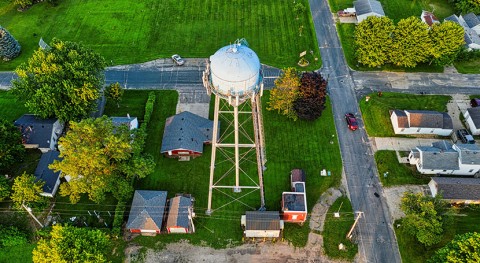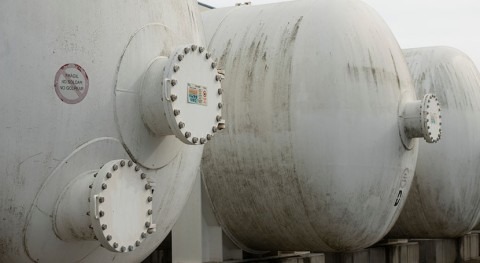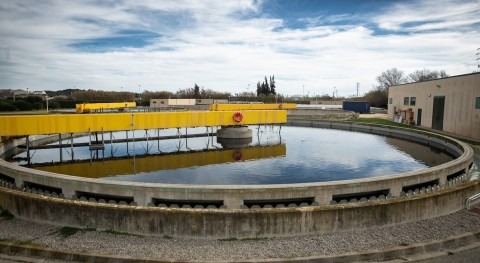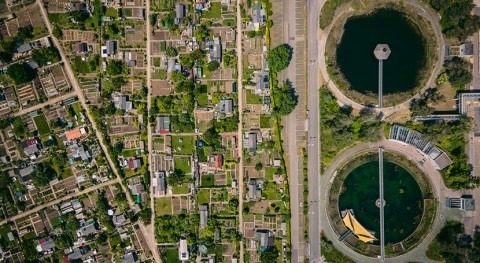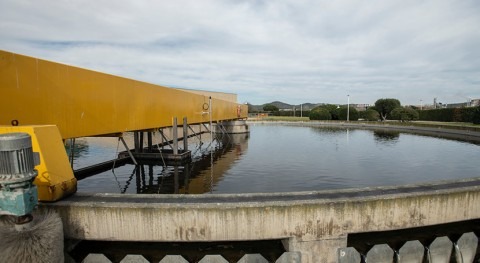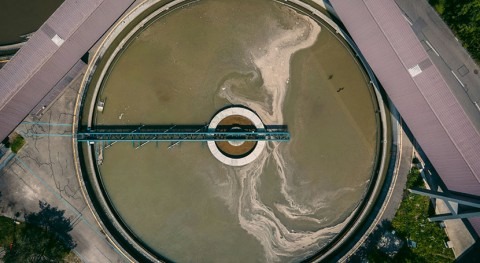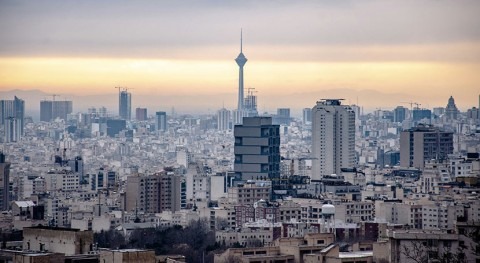Scientists warn about more acute weather extremes in Africa’s future. These are the conclusions from a new study by researchers at Britain’s Met Office and the Institute of Climate and Atmospheric Science, Leeds University. They used a high-resolution model ─ with 4.5 km grid spacing and hourly rainfall ─ to overcome limitations of conventional models and accurately simulate African weather extremes over the next 80 years.
‘Essentially, we have found that both ends of Africa’s weather extremes will get more severe,’ Elizabeth Kendon, lead researcher, told the Guardian. ‘The wet extreme will get worse, but also the appearance of dry spells during the planting season will also become more severe.’
As a result of global warming, the oceans will experience a higher rate of evaporation, leading to increased precipitation. The study team found that intense rainfall events will likely happen every 3-4 years, whereas earlier predictions estimated they may occur every 30 years. At the same time, the new fine detail model shows future increases in the length of dry spells occurring during the wet growing season.
As climate change continues to impact weather patterns, western and central areas of Africa are expected to be worse hit. In addition to flooding and landslides, changing climate patterns disrupt farming and thus impact food production. The expected population growth in the future will mean an added pressure in the region. The African continent is particularly vulnerable to climate change due to a limited capacity to adapt, and to widespread poverty, according to the United Nations.








